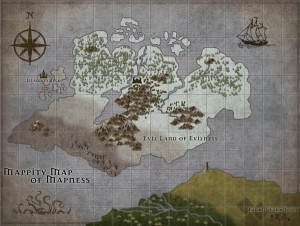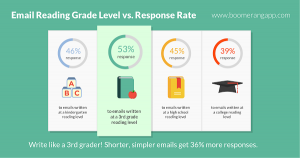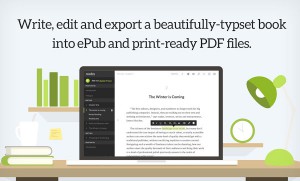According to poynter.org, the Associated Press editors have decided that Internet and Web shall no longer be capitalised. They have recently updated their style guide and felt that these words were now generic. Their decision was also closely aligned with a growing tend to leave them all lower-cased. Agree? Disagree?

Personally, I disagree. Normally words become generic when they are applied to other brands of the same product. Xerox, Kleenex and Jell-O are notable examples of this, their trademarks became commonly used terms.
Does this apply to the Internet? When you sign up through your local provider do you subscribe to an internet or the Internet? Do you have a choice? Are there multiple global interconnected networks that are ubiquitous? I know of none, do you?
To me, it makes senses that Internet remain capitalised since it is an entity. We may not think of it and many have no idea how it works, but does that matter? Either way, what is done is done!
Though this should provide more ammunition to Grammar Nazis! The horror!













